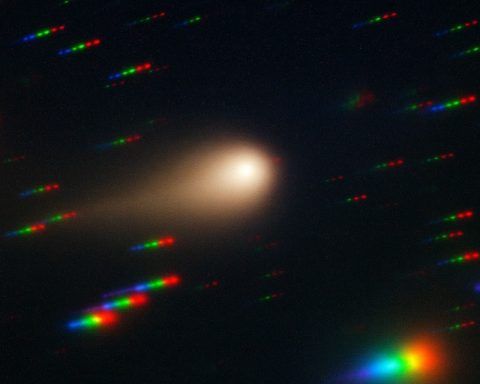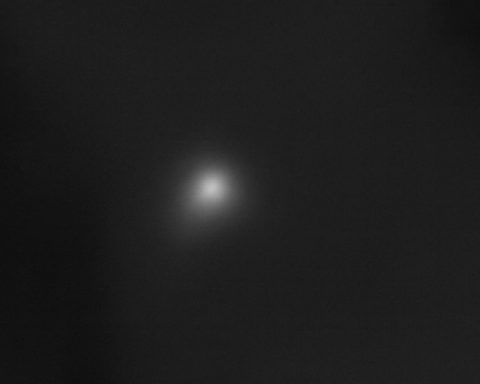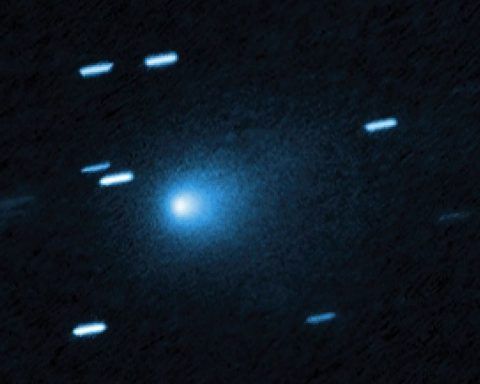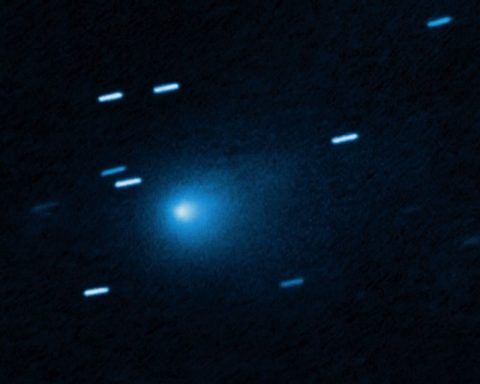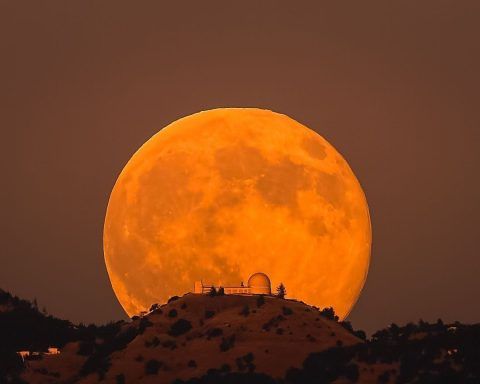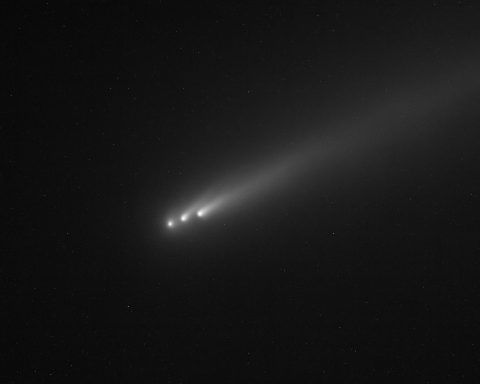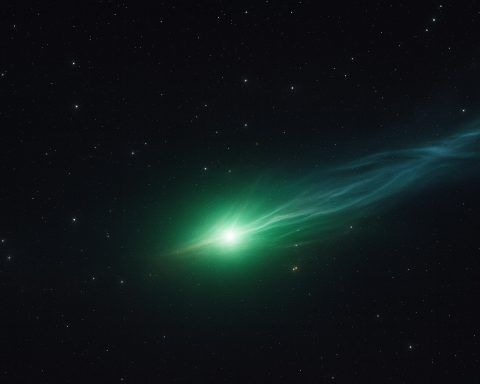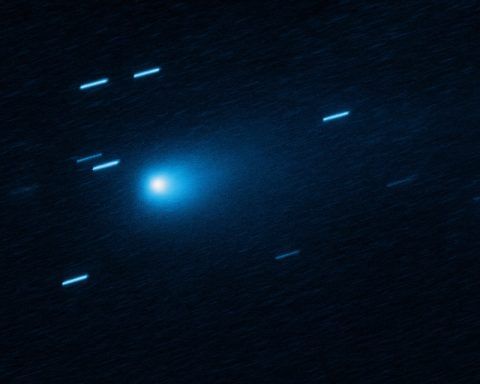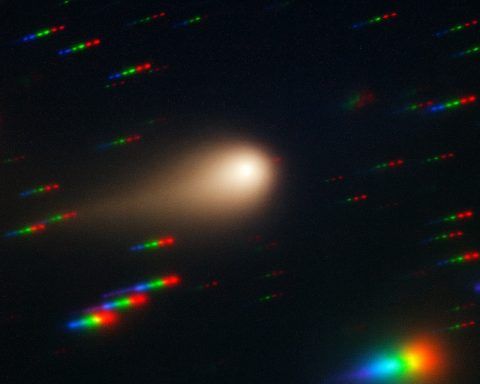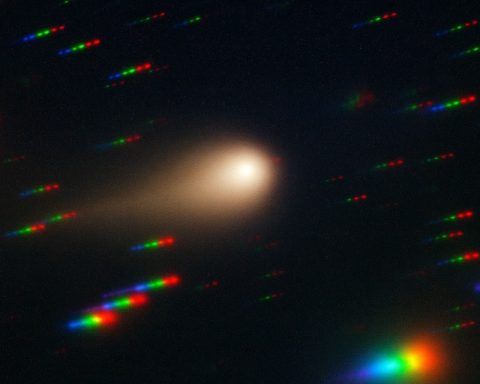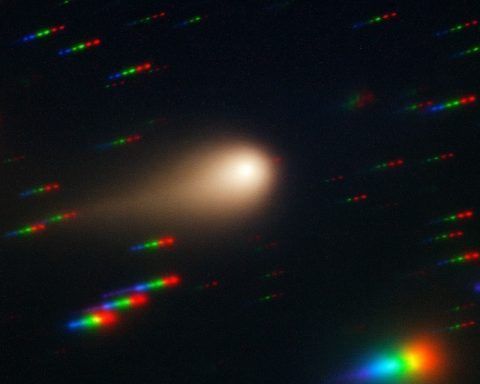
Interstellar Comet 3I/ATLAS on November 28, 2025: UN Planetary‑Defence Drill, NASA’s Verdict and How to See It
Published: November 28, 2025 Interstellar comet 3I/ATLAS – only the third known object from another star system to visit our Solar System – has just stepped into a new role. As of today, it’s the centerpiece of a United Nations–endorsed planetary‑defence exercise, the
